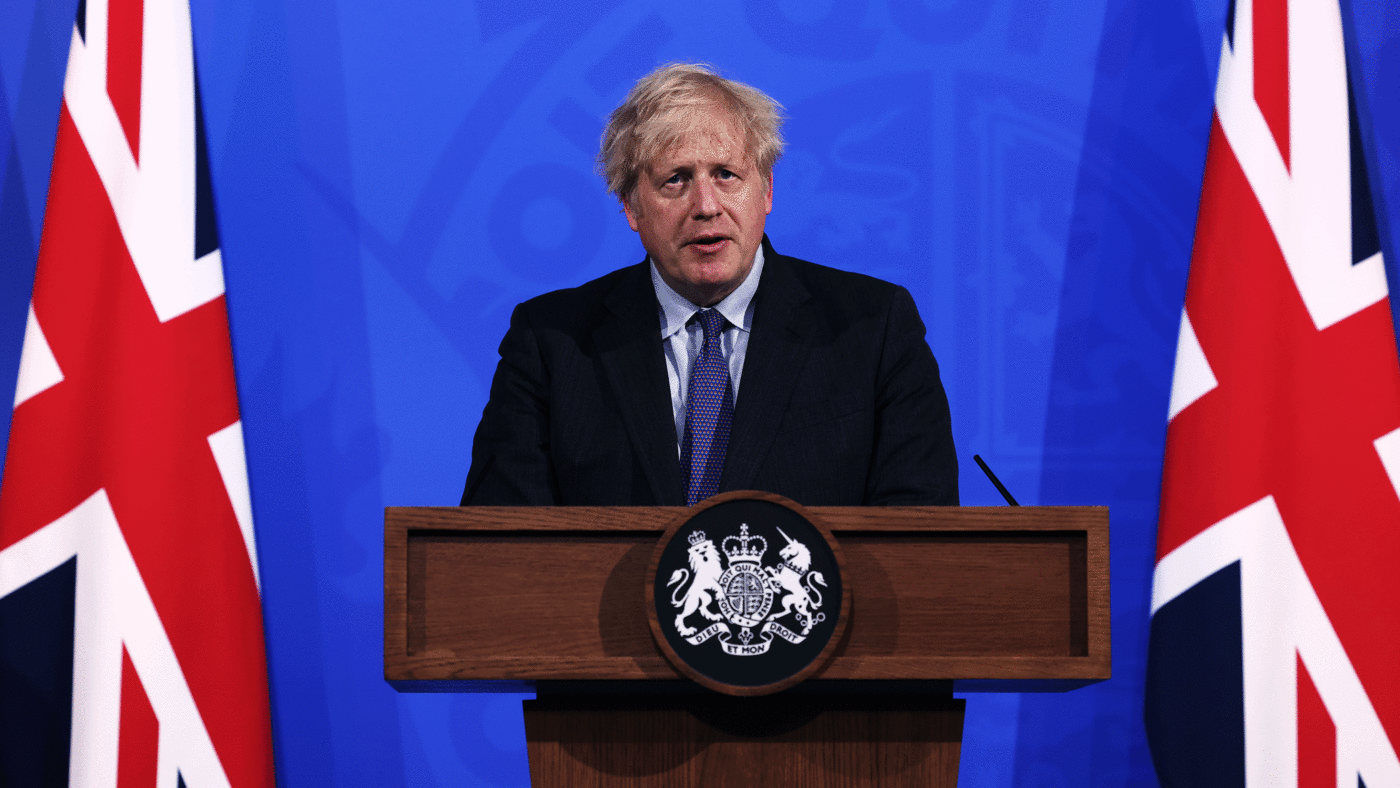So 21 June will not, after all, see the great restoration of freedom that we had hoped for.
But while restricted businesses and their potential customers will be rightly disappointed, Step 4 (as the now-postponed June 21 roadmap stage is known) was never going to be a complete return to normality, and we should not be lulled into thinking that Step 3 (where we are now) is good enough to be going on with.
Step 4 does not include, for example a repeal of the mask mandate. The rules that pubs and restaurants may only serve customers who are seated, and other social distance rules and guidance, remain subject to the government’s Roadmap Review that has not yet been published. Such rules (no doubt combined with the crushing effects of the preceding months of forced closures) mean 25% of licensed premises have not re-opened since permitted to do so on 17 May. The idea of spontaneously turning up for a pint at the bar, or even standing outside your local, in that mystifying British way, are still distant memories and faint hopes. And it’s not just about pubs and hospitality either. While this one may now be more honoured in the breach, it is still illegal to invite more than six people into your home.
And who even knows what the rules are any more? Who has been able to keep up with the hundreds of changes, and distinguish between law and guidance? Not the police, and not ministers either. Last week the House of Lords Constitution Committee criticised the Government for announcing legal changes in press conferences and misrepresenting the law to the public. They found that this had led to a “lack of clarity around which rules are legally enforceable, posing challenges for the police and local government, leading to wrongful criminal charges, and potentially undermining public compliance”. Sadly, judging by yesterday evening’s announcement, the committee’s pleas for certainty, clarity and transparency have fallen on deaf ears. The current guidance on the restrictions is still misleadingly titled ‘what you can and cannot do’, and some of the crazy ‘rules’ for wedding celebrations (no dancing, no service sheets or hymn books) are also only guidance. Social distancing at the larger weddings that will now be permitted will be more tightly regulated.
The roadmap is set in law by the catchily titled Health Protection (Coronavirus, Restrictions) (Steps) (England) Regulations 2021, a statutory instrument made under the Public Health Act 1984. The Government originally (and controversially) used this as a basis for the lockdown rules in March last year, which were rushed through on an emergency basis without a vote in Parliament. Over a year later, we are still subject to rules passed under this Act. The Constitution Committee was scathing about this too, calling for safeguards on its use, noting that ‘significant policy decisions should be enacted in primary legislation subject to full scrutiny by Parliament’. And what could be more significant than the continuation of measures that risk livelihoods and criminalise people for inviting friends into their own home?
I have written before about the troubling inversion of the traditional view that impositions on fundamental freedoms must be justified, with benefits shown to outweigh the costs, to the Government’s present position that impositions on our freedom of association are to remain until it is satisfied that (unspecified) risks have been eliminated. Some have questioned the efficacy of maintaining restrictions at this point. Numbers of positive tests, hospitalisations and deaths are still low, despite the latest variant. Others still have made the depressing point that, as interactions from the release of restrictions so far increase, if anything data might look worse in four weeks time, and be used to justify a further extension of restrictions, perhaps even the return of heavier measures to protect the NHS going into the winter. Of course, we still haven’t seen any cost/benefit analysis, or firm information on what exactly the Government is looking for in the data to give it confidence to allow nightclubs to open and seven people to have dinner together, just vague and ever changing ‘tests’. Some of us warned that Government would not relinquish the powers it had assumed without a fight, even as some seemed confident that the vaccines would save us not just from the virus but from the pernicious lockdowns. It gives me no pleasure to have been proven right.
Click here to subscribe to our daily briefing – the best pieces from CapX and across the web.
CapX depends on the generosity of its readers. If you value what we do, please consider making a donation.


